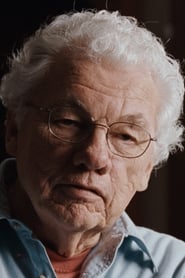
Gordon Willis
From Wikipedia, the free encyclopedia
Gordon Hugh Willis, Jr., ASC (May 28, 1931 – May 18, 2014) was an American cinematographer. He is best known for his work on Francis Ford Coppola's The Godfather series as well as Woody Allen's Annie Hall and Manhattan. Fellow cinematographer William Fraker called Willis's work a "milestone in visual storytelling", while one critic suggested that Willis "defined the cinematic look of the 1970s: sophisticated compositions in which bolts of light and black put the decade's moral ambiguities into stark relief".
When the International Cinematographers Guild conducted a survey in 2003, they placed Willis among the ten most influential cinematographers in history.
| Known For | Camera |
|---|---|
| Most Rating | 1.025 |
| Birthday | 1931-05-28 |
| Place of Birth | Astoria, New York, USA |
| Also Known As | Gordon Hugh Willis Jr., Gordon Hugh Willis, Jr., |
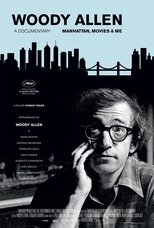
2011

Woody Allen: A Documentary
6.8/159
Iconic writer, director, actor, comedian and musician Woody Allen allowed his life and creative process to be documented on-camera for the first time....
Watch Now
Woody Allen: A Documentary
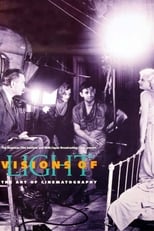
1992

Visions of Light
7/47
Cameramen and women discuss the craft and art of cinematography and of the "DP" (the director of photography), illustrating their points with clips fr...
Watch Now
Visions of Light

1971

'Klute' in New York
6.4/7
A closer look at the making of "Klute" (1971). The project follows the complex shooting on multiple locations in New York with major stars Jane Fonda...
Watch Now
'Klute' in New York

1980

To Woody Allen from Europe with Love
1/1
Initiated by producer-director Pierre Drouot, Woody Allen for the very first time agrees to let a filmmaker, Belgium's André Delvaux, film him during...
Watch Now
To Woody Allen from Europe with Love
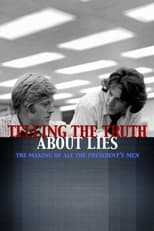
2006

Telling the Truth About Lies: The Making of "All the President's Men"
5.2/4
A short documentary on the making of "All the President's Men."
Watch Now
Telling the Truth About Lies: The Making of "All the President's Men"
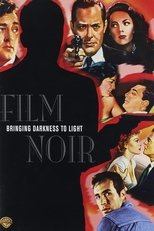
2006

Film Noir: Bringing Darkness to Light
7.1/14
Film Noir burrows into the mind; it's disorienting, intriguing and enthralling. Noir brings us into a gritty underworld of lush morbidity, providing i...
Watch Now
Film Noir: Bringing Darkness to Light
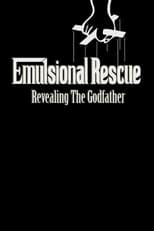
2008

Emulsional Rescue: Revealing 'The Godfather'
6.5/4
We hear from Coppola, Spielberg, director of photography Gordon Willis, consulting restoration cinematographer Allen Daviau, film archivist Robert A....
Watch Now
Emulsional Rescue: Revealing 'The Godfather'

2012

An Amazing Time: A Conversation About End of the Road
6/1
Documentary about the 1970 film, "End of The Road."
Watch Now
An Amazing Time: A Conversation About End of the Road
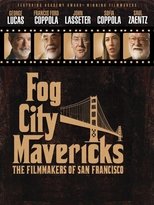
2007

Fog City Mavericks
8.5/2
Fog City Mavericks: The Filmmakers of San Francisco is a compelling exploration of the legendary filmmakers who call the San Francisco Bay Area home i...
Watch Now
Fog City Mavericks
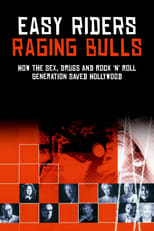
2003

Easy Riders, Raging Bulls: How the Sex 'n' Drugs 'n' Rock 'n' Roll Generation Saved Hollywood
7.1/60
The chronicle of the mind-blowing journey that was Hollywood during the seventies; the true and gripping story of the last golden age of American cine...
Watch Now
